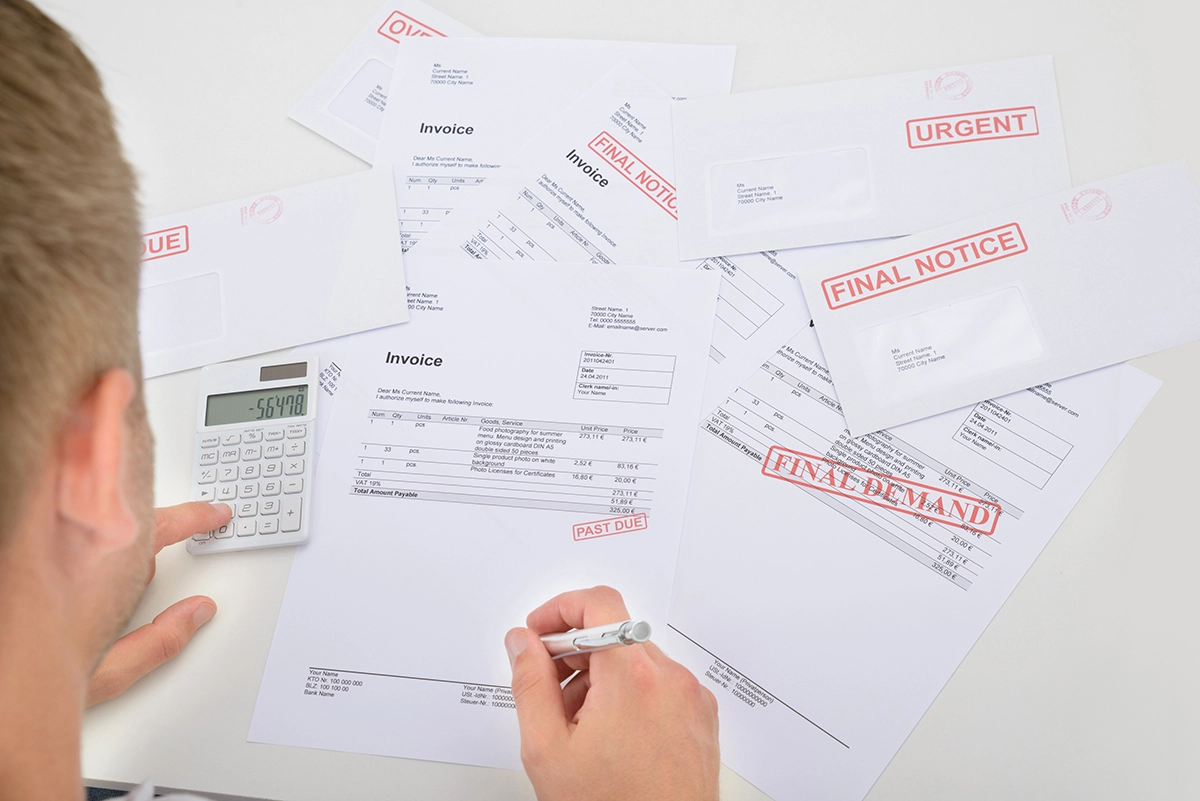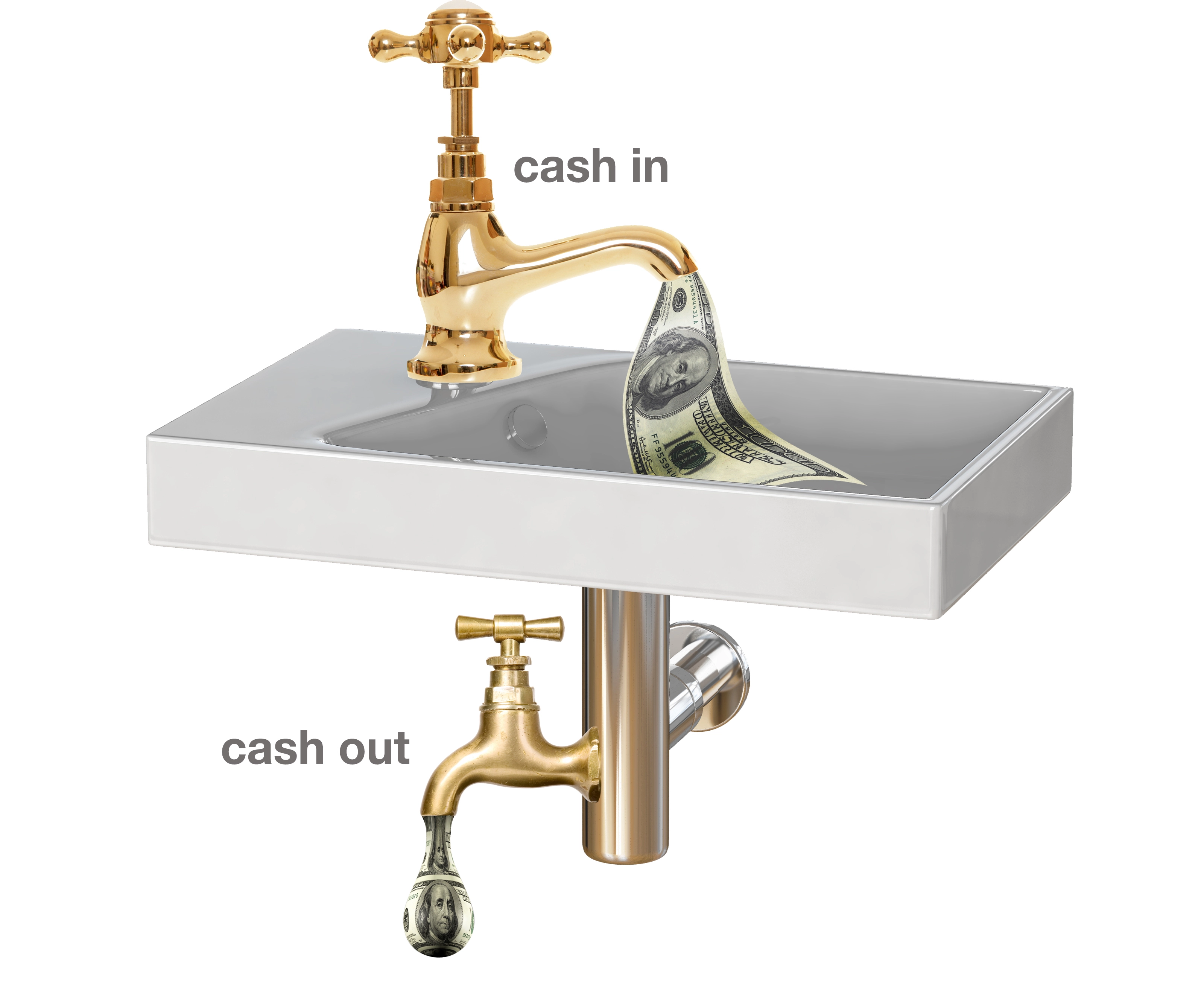1. Service Agreements
Service agreements are essential for growth and survival in the hvacr industry. With service agreements, you build trust with your customers. I commonly hear this comment in cool summers and warm winters: “If it hadn’t been for our service-agreement customers, we would not have been profitable this year.”
Concentrate on building your service agreements. Whether they are residential or commercial or both, service-agreement customers are your loyal customers. They have signed a piece of paper that states they will use your company’s services for repairs. And many will use your company for replacements. Yes, many will get other quotes for replacement equipment (especially for commercial customers). However, many times it is to make sure that your price is realistic and you will get to bid. Many times serviceagreement customers don’t choose the lowest bid. If the customer trusts you, even if your bid is a little bit higher, there is a good chance that you will get it simply because the customer knows your capabilities and your work.
The more service agreements you have, the larger your customer base. This evens out the seasonality. Does the peak get higher in extreme heat and cold? If you are doing the maintenance properly, the extremes don’t get much higher because the customer’s equipment will work properly when it is stressed. You’ll get the calls from non-service-agreement customers (which is your chance to educate them on the benefits of owning one).
Your valleys won’t be as low because you have work to do taking care of the maintenance for your service-agreement customers.
2. Market Every Month
Get your message to customers and potential customers in slower seasons and busier seasons. Do the same things every week to build a strong customer base. Marketing takes time. You’ll see great results if you continue marketing for at least a year and preferably two years. This takes discipline.
Be proactive. This means in slower seasons you become more active. Don’t complain about the telephone not ringing. Look for reasons to talk with your customers and ask for referrals. Put articles in the publications where potential clients can find out about them. Do something rather than wait for the telephone to ring.
3. Diversify Your Business
Unless you do both residential and commercial hvac work now, stick to diversifying in the market area you are in. That means diversify in residential markets or diversify in commercial markets. Don’t start a commercial division if you are residentially focused and vice versa. Why? The mindset is much different for residential hvac than it is for commercial hvac. Companies that are used to dealing with corporate customers can have a hard time dealing with the demands of “Mrs. Homeowner.” Residentially focused companies can have a hard time sending a technician to work on a 20-ton roof-top unit when he is used to working on residential equipment.
There are many allied products that are target market specific. Look for products that don’t have the same seasonality or look for markets that don’t have any seasonality. For example, in the commercial arena you might take care of all of the equipment in a restaurant or convenience store (keeping aware of the payment issues) including ice machines, refrigeration, fryers, etc.
For residential, it might be indoor air quality products, a combination of plumbing and hvac, electrical, or other services you can offer customers to make them more comfortable in their home.
You might consider purchasing a company that currently performs these services. It could be a better way to quickly build the business and cross market.
Diversification means that you’ll have to learn something new. Your technicians must be educated on the new products and services so that they can properly present them to the customer. It takes time. However, finding an allied product that can help you even out the seasonality increases your bottom line profitability.
Ruth King has over 25 years of experience in the hvacr industry and has worked with contractors, distributors, and manufacturers to help grow their companies and become more profitable. She is president of HVAC Channel TV and holds a Class II (unrestricted) contractors license in Georgia. Ruth has written two books: The Ugly Truth About Small Business and The Ugly Truth About Managing People. Contact Ruth at ruthking@hvacchannel.tv or 770.729.0258.





